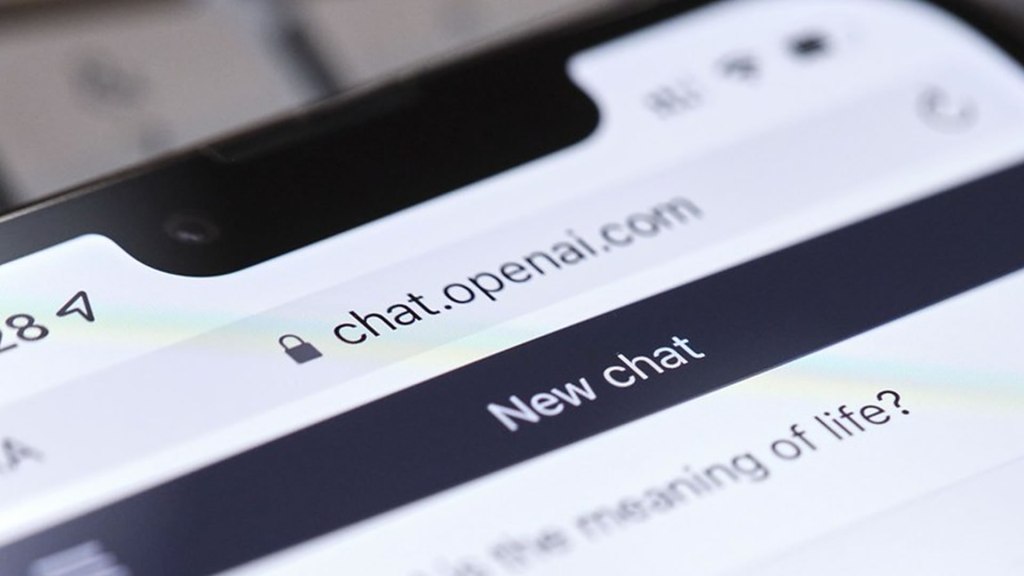In the wake of an investigation uncovering privacy concerns, OpenAI’s ChatGPT has officially removed a function of its chat-sharing feature, making shared links now private by default. The feature formerly enabled users to make specific conversations public, but it was found that the shared chats became searchable on browsers.
Once a user clicked ‘Share’, they could optionally tick a checkbox labeled ‘Make this chat discoverable’, which allowed search engines like Google to index the link. It is important to note that this did not happen automatically, as users had to opt to both share and make discoverable. While the feature seemed harmless and useful at first, a few major issues emerged. The first, and most worrying, was the risk to user privacy.
For example, many users unintentionally—or by mistake—shared sensitive information (e.g., resumes, job applications, mental health discussions, medical questions). As these conversations were indexed by search engines, anyone could find them using Google or Bing with the site:chatgpt.com/share search trick.
Confusing user interface led to accidental exposure
Investigators also found some serious potential data leaks. A probe by Henk van Ess, an expert in online research methods, found over 500 shared chats—some of which contained illegal admissions, corporate secrets, or disturbing prompts (like trying to generate inappropriate content). Examples also included executives admitting to insider trading, users outlining cyberattack plans, etc.
Content concerns aside, inspection of the feature also revealed user interface issues. Some users explained that the prompts for sharing conversations were misleading, and didn’t explicitly explain what happens when shared.
For example, users didn’t realize that checking the ‘discoverable’ box meant Google might index the link. Others clicked it accidentally, thinking it was necessary to create a shareable link.
For reference, search engines like Google control the algorithms that determine what content gets surfaced for search terms. The algorithm cannot control what gets indexed. “Neither Google nor any other search engine controls what pages are made public on the web,” a Google spokesperson told TechCrunch. “Publishers of these pages have full control over whether search engines index them,” they added.
OpenAI works with search engines to de-index shared chats
Apart from addressing the issue by withdrawing the ‘Make Discoverable’ checkbox, OpenAI has also disabled the indexing feature entirely. The artificial intelligence company has started working with search engines to de-index previously shared links (though some links may still linger on Bing, DuckDuckGo, etc.).
We just removed a feature from @ChatGPTapp that allowed users to make their conversations discoverable by search engines, such as Google. This was a short-lived experiment to help people discover useful conversations. This feature required users to opt-in, first by picking a chat… pic.twitter.com/mGI3lF05Ua
— DANΞ (@cryps1s) July 31, 2025
To this end, OpenAI’s Chief Information Security Officer Dane Stuckey called it a “short-lived experiment” that backfired due to the risk of accidental exposure. “This feature required users to opt-in, first by picking a chat to share, then by clicking a checkbox for it to be shared with search engines,” Stuckey posted on X.
“Ultimately, we think this feature introduced too many opportunities for folks to accidentally share things they didn’t intend to, so we’re removing the option. We’re also working to remove indexed content from the relevant search engines,” he added. “Security and privacy are paramount for us, and we’ll keep working to maximally reflect that in our products and features,” Stuckey said.

